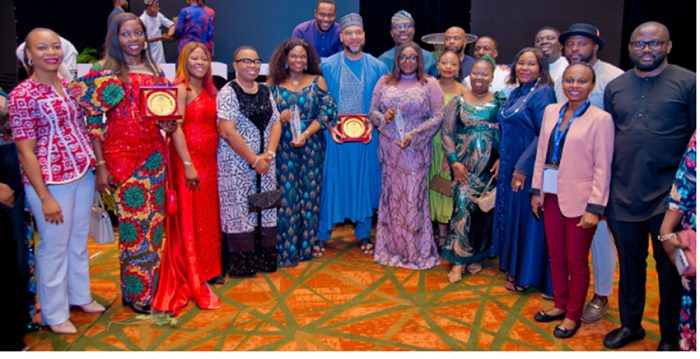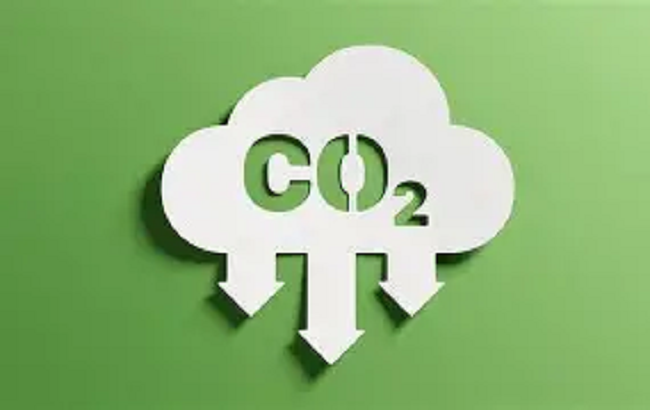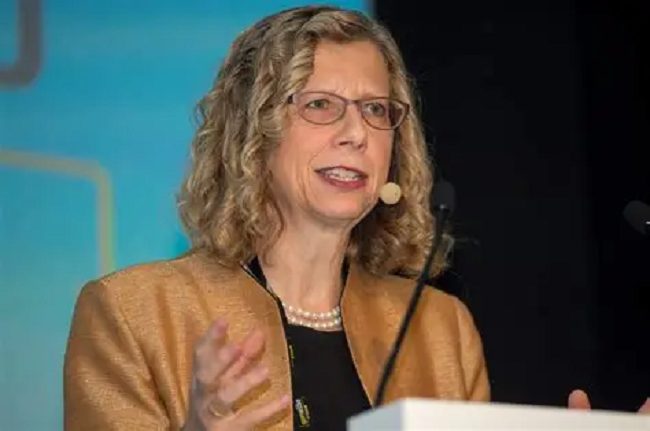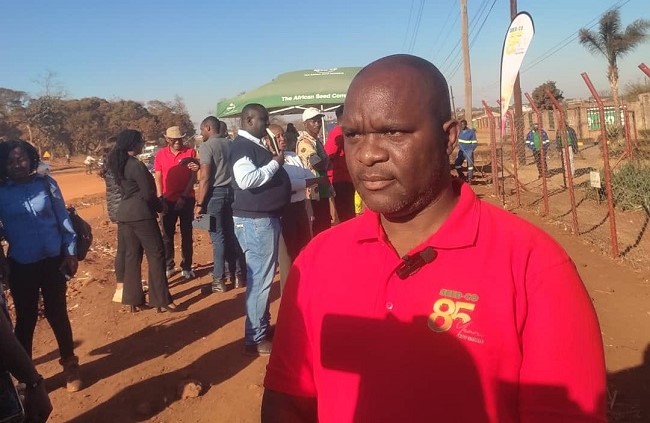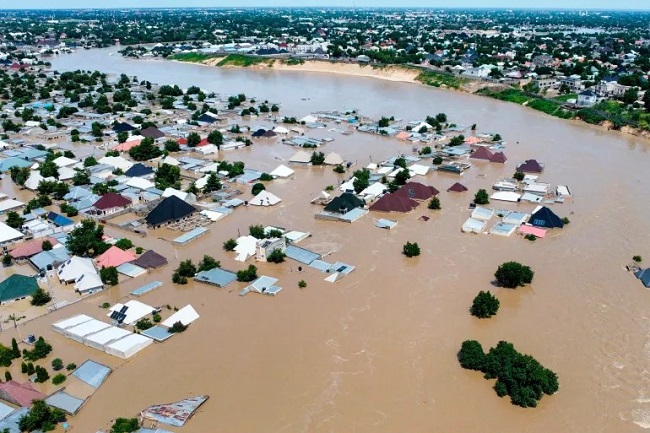In celebration of the 2025 World Environmental Day, the African Centre for Environmental Protection (ACEP) held a three-week environmental crusade across five Nigerian states, sparking a revolution in environmental awareness and action.
With an unwavering community support, ACEP’s mission to empower youths as environmental ambassadors took flight, leaving a trail of inspiration and five newly established Eco Clubs in its wake.
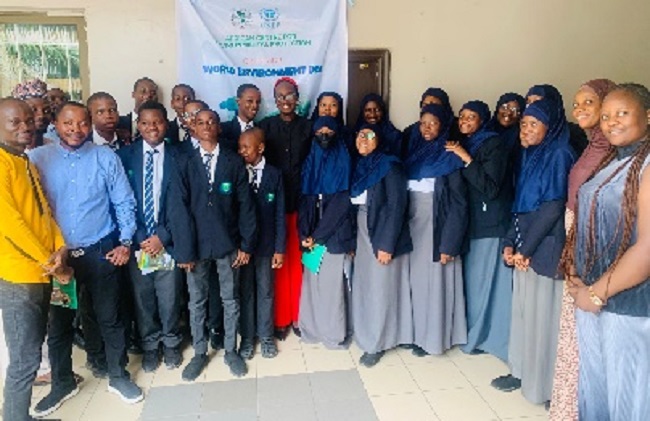
Kaduna: Unleashing Eco-Passion on World Environment Day
In Kaduna, ACEP marked World Environment Day with a celebration at Relmas Great Stars International School. Dr. Arziki Zoaka, ACEP’s representative, captivated over 67 students with a session featuring educational presentations, a quiz with prizes, and gift distributions.
Mrs. Jennifer Udeh, the school principal, hailed the event as a catalyst for ongoing environmental engagement, setting the stage for a greener future.
Abuja: Inspiring the Next Generation of Eco-Leaders
At Al-Noor Academy in Abuja, Sandra Adaobi Esimaje led a World Environment Day 2025 session, engaging over 70 students and six teachers. The interactive lessons tackled plastic pollution, biodiversity, clean air, and water conservation, leaving participants buzzing with ideas.
Books were gifted to fuel their enthusiasm, and discussions to launch a student-led Eco Club gained momentum, promising a legacy of sustainability.
Nasarawa State: Beating Plastic Pollution with Bold Action
In Nasarawa State, ACEP’s awareness session at Epitome Model Islamic School, led by Sandra Adaobi Esimaje, drew over 138 students and jhv 8 teachers. Centred on the theme “Beat Plastic Pollution,” the programme illuminated the devastating impacts of single-use plastics and inspired actionable change.
With educational materials, gifts, and refreshments, students left empowered to champion environmental responsibility at school, home, and beyond.
Rivers State: A Dual Triumph for Sustainability
ACEP’s impact reverberated in Rivers State with two events. At Rivers State University, in collaboration with APWEN and WIEN, ACEP rallied 120 female engineering students to confront the plastic crisis. Dr. Kaine Chinwah, ACEP’s chairperson, delivered a compelling call to action, while Prof. Jackson Akpa, Dean of the Engineering Faculty, championed engineering-driven solutions and collective responsibility.
In partnership with FGGC Abuloma 1994 Set, ACEP also ignited environmental fervor at Federal Government Girls’ College, Abuloma. The event inspired over 90 students to embrace their roles as environmental trailblazers, proving that young voices can drive monumental change.
Akwa Ibom State: Fostering Eco-Stewardship
The campaign culminated at Trinity Star Model School in Akwa Ibom State, where ACEP representatives Jonah Jason Unwanah and Bassey Abasiofon Sunday led a dynamic session on plastic pollution. Supported by Principal Mr. Mfon Ben, the event energised 61 students and four staff members, fostering a deep commitment to environmental stewardship and sustainable practices.
ACEP’s says its tour has not only educated but also empowered Nigeria’s youth to lead the charge for a sustainable future.
“With five new Eco Clubs and countless inspired minds, the ripple effect of this campaign promises to reshape Nigeria’s environmental landscape for generations to come,” submitted the group.

